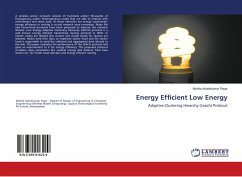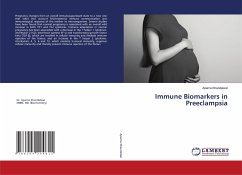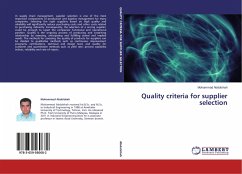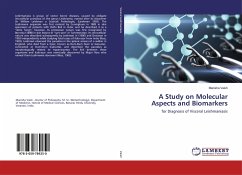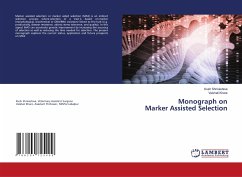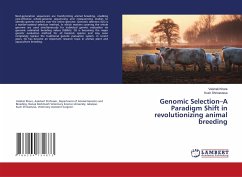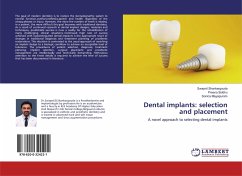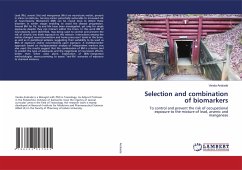
Selection and combination of biomarkers
To control and prevent the risk of occupational exposure to the mixture of lead, arsenic and manganese
Versandkostenfrei!
Versandfertig in 6-10 Tagen
55,99 €
inkl. MwSt.

PAYBACK Punkte
28 °P sammeln!
Lead (Pb), arsenic (As) and manganese (Mn) are neurotoxic metals, present in mines as mixtures, turning miners potentially vulnerable to increased risk of neurotoxicity. Biomarkers (BM) can be crucial tools to detect these disorders in earlier stages enabling to avoid the disease progression. Several BM for Pb, As and Mn have been investigated, yet only for single exposures despite they can interact within the brain. In this work BM of neurotoxicity were identified, may being used to control and prevent the risk of chronic low levels exposure to this mixture. Interactions among the metals chan...
Lead (Pb), arsenic (As) and manganese (Mn) are neurotoxic metals, present in mines as mixtures, turning miners potentially vulnerable to increased risk of neurotoxicity. Biomarkers (BM) can be crucial tools to detect these disorders in earlier stages enabling to avoid the disease progression. Several BM for Pb, As and Mn have been investigated, yet only for single exposures despite they can interact within the brain. In this work BM of neurotoxicity were identified, may being used to control and prevent the risk of chronic low levels exposure to this mixture. Interactions among the metals changed neurotransmitters and heme precursors' levels in the brain, as well as in peripheral samples, suggesting their suitability to be used as BMs of exposure and/or neurotoxicity upon exposure. A multibiomarker approach based on multiparameter analysis of independent markers was also used; the results suggest that the combination of BM is a better tool to predict the type of exposures and themagnitude of neurotoxic effects, better than when used alone. Exploration of BMs' integration methodologies seems promising to assess "real-life" scenarios of exposure to chemical mixtures.




